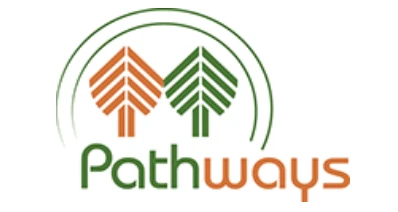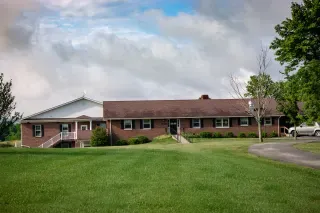Alcoholism and opiate addiction are among the many substance misuse addictions for which Pathways - Outpatient, a private treatment facility in Sandy Hook, Kentucky, offers treatment. In addition to flexible outpatient treatment, the institution provides medically supervised detoxification to safely manage withdrawal symptoms. With this method, patients may continue their recuperation process while continuing to live their normal lives at home.
Pathways customizes its programs to meet the individual requirements of various groups, including age-appropriate care for teenagers, gender-specific issues for men, and specialized therapy for women. This method improves the healing process by guaranteeing that people get assistance and direction that corresponds with their unique life stage and experiences.
The organization has changed multiple times since its founding in 1966 as the Nineteenth Regional Mental Health / Mental Retardation Board. President Kennedy's attempt to restructure the provision of mental health care led to its formation. The Appalachian Comprehensive Care Center, which serves Boyd, Carter, Greenup, and Lawrence counties, was established as a result. Later, when statewide districts were established by the federal and state governments, Elliott County was included. After changing its name to Lansdowne Comprehensive Care Center in 1972, it merged with Cave Run Comprehensive Care Center in 1982 to become Pathways, Inc.
After more than 50 years, Pathways has expanded dramatically, now employing 450 skilled professionals and providing a wide range of mental health treatments. Services include mental health, assistance for intellectual and developmental impairments, and prevention, early intervention, treatment, and rehabilitation for drug use disorders. Over 14,000 unduplicated people are served annually by Pathways, demonstrating its extensive and all-encompassing approach to mental healthcare in the area.
Pathways - Elliott County Outpatient Information
Treatment
Who We Treat
- Children
- Teens / Adolescents
- Adolescents
- Male and Female
Treatment Focus
- Anxiety
- Depression
- Drug Addiction
- Opioids
- Alcohol
Approaches
- Individual Treatment
- Evidence-Based
- Family Therapy
- Group Therapy
- Acceptance and Commitment Therapy (ACT)
- Trauma Informed
- Cognitive Behavioral Therapy (CBT)
- Dialectical Behavior Therapy (DBT)
- 1-on-1 Counseling
- Eye Movement Therapy (EMDR)
- Medication-Assisted Treatment (MAT)
- Relapse Prevention Counseling
Conditions We Treat
- Depression
- Anxiety
- Bipolar Disorder
- Trauma
- Psychosis/Schizophrenia
- Schizophrenia
- Bipolar
- Co-Occurring Disorders
Substances We Treat
- Alcohol
- Prescription Drugs
- Heroin
- Opioids
Languages
- English
Aftercare
- Intensive Outpatient Program
- Outpatient Treatment
Level of Care
- Outpatient
- Intensive Outpatient Program (IOP)
- Virtual & In-Home Care
Experience
Personal Amenities
- Air-Conditioned Rooms
Accreditations
-
State mental health department
State mental health department accreditation refers to the process of evaluating and certifying the quality and standards of a state's mental health department, ensuring that it provides high-quality services and meets specific criteria for mental health care. The accreditation process is performed by a third-party organization and helps to improve the overall care and treatment of individuals with mental health conditions.
-
Commission on Accreditation of Rehabilitation Facilities (CARF)
CARF accreditation is a prestigious recognition for organizations in rehabilitation and human services. It signifies that an organization meets rigorous quality standards and is committed to providing top-notch care. Achieving CARF accreditation involves a thorough evaluation process, including on-site surveys, to ensure excellence in programs and services. This accreditation boosts an organization's credibility, assures clients and funders of quality, and promotes ongoing improvement in the field of rehabilitation and human services.

Additional Locations
Find the best treatment options. Call our free and confidential helpline today!





